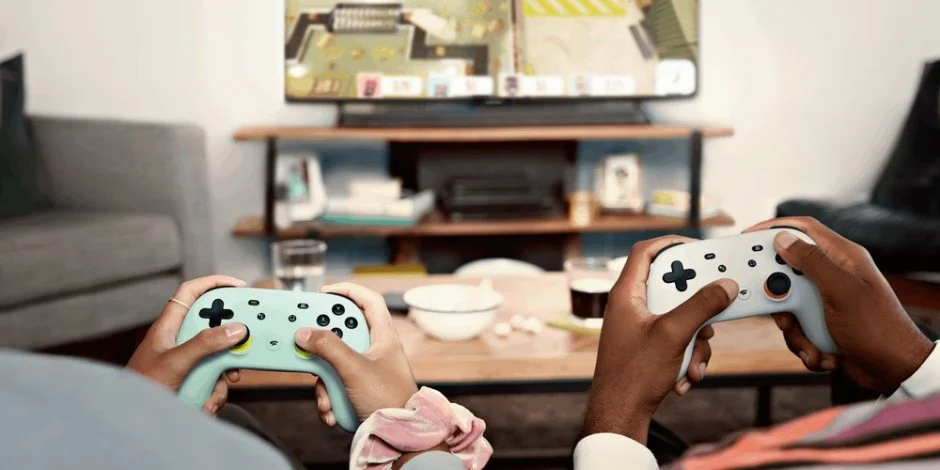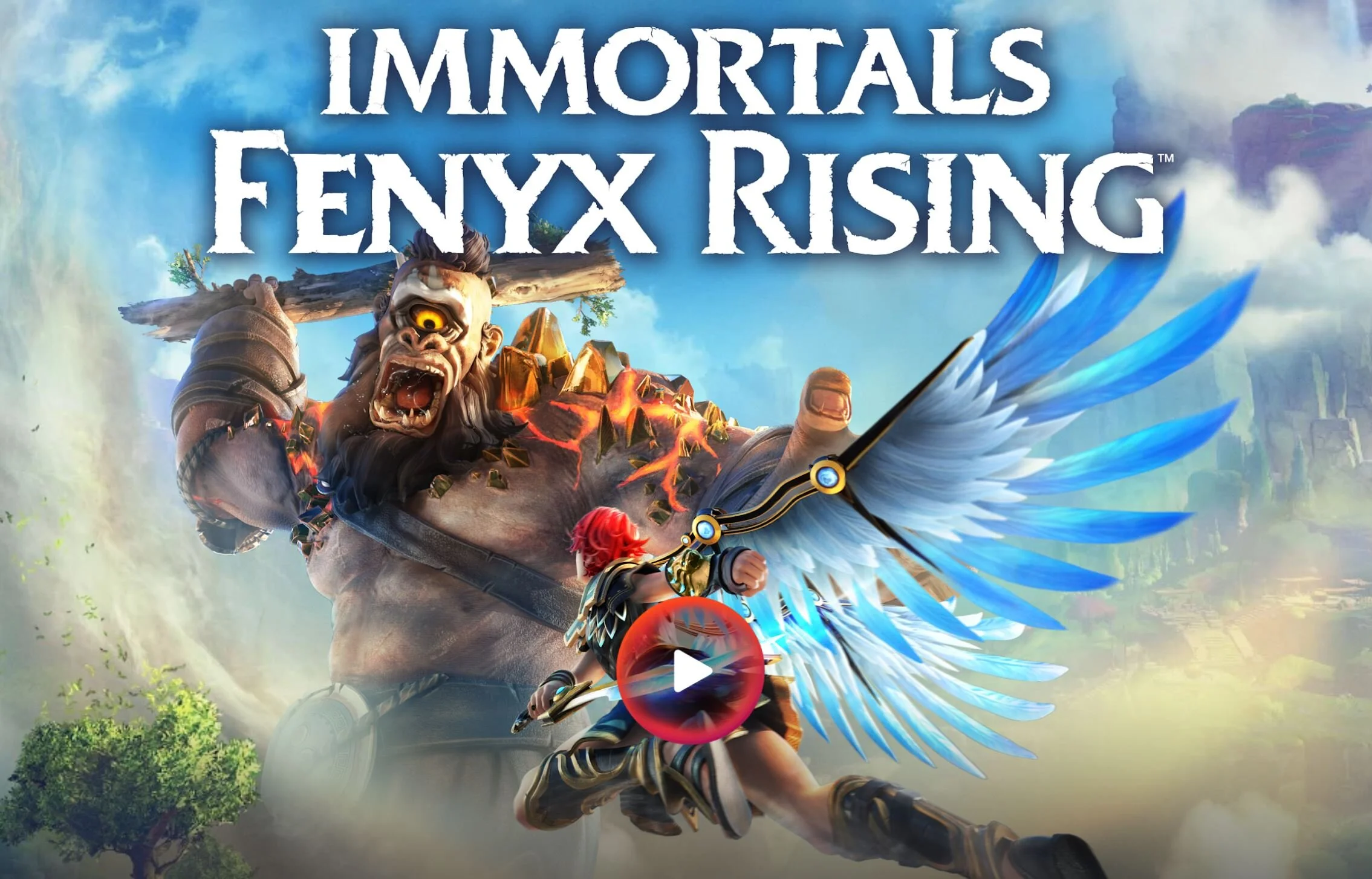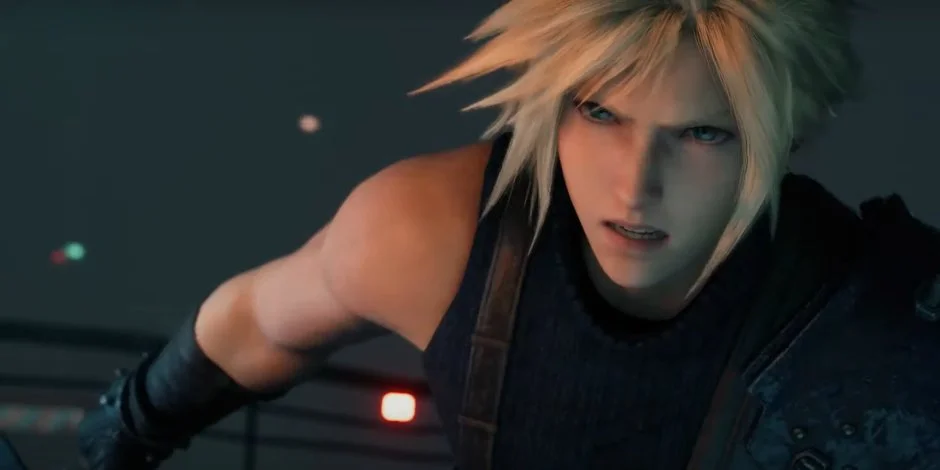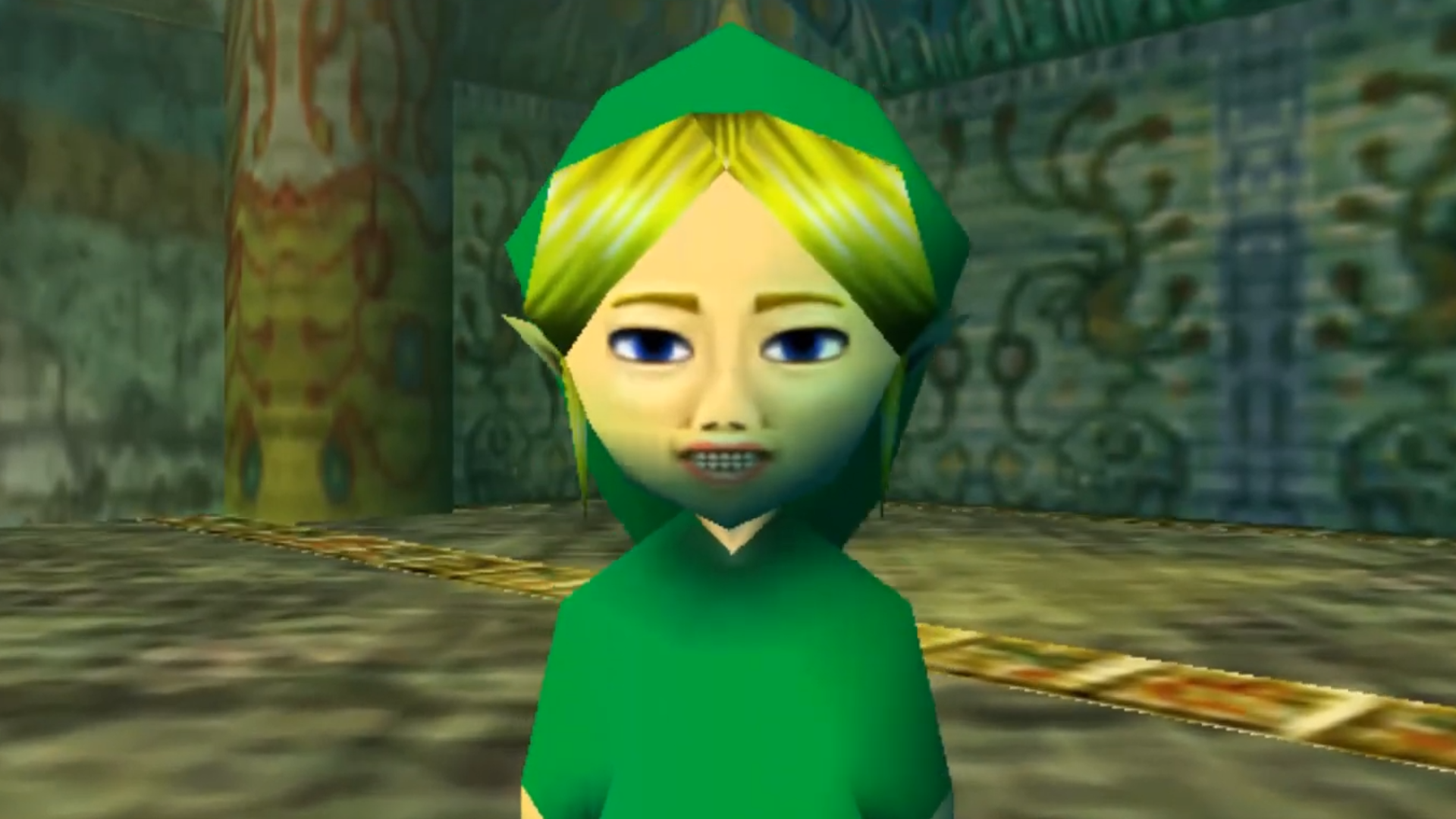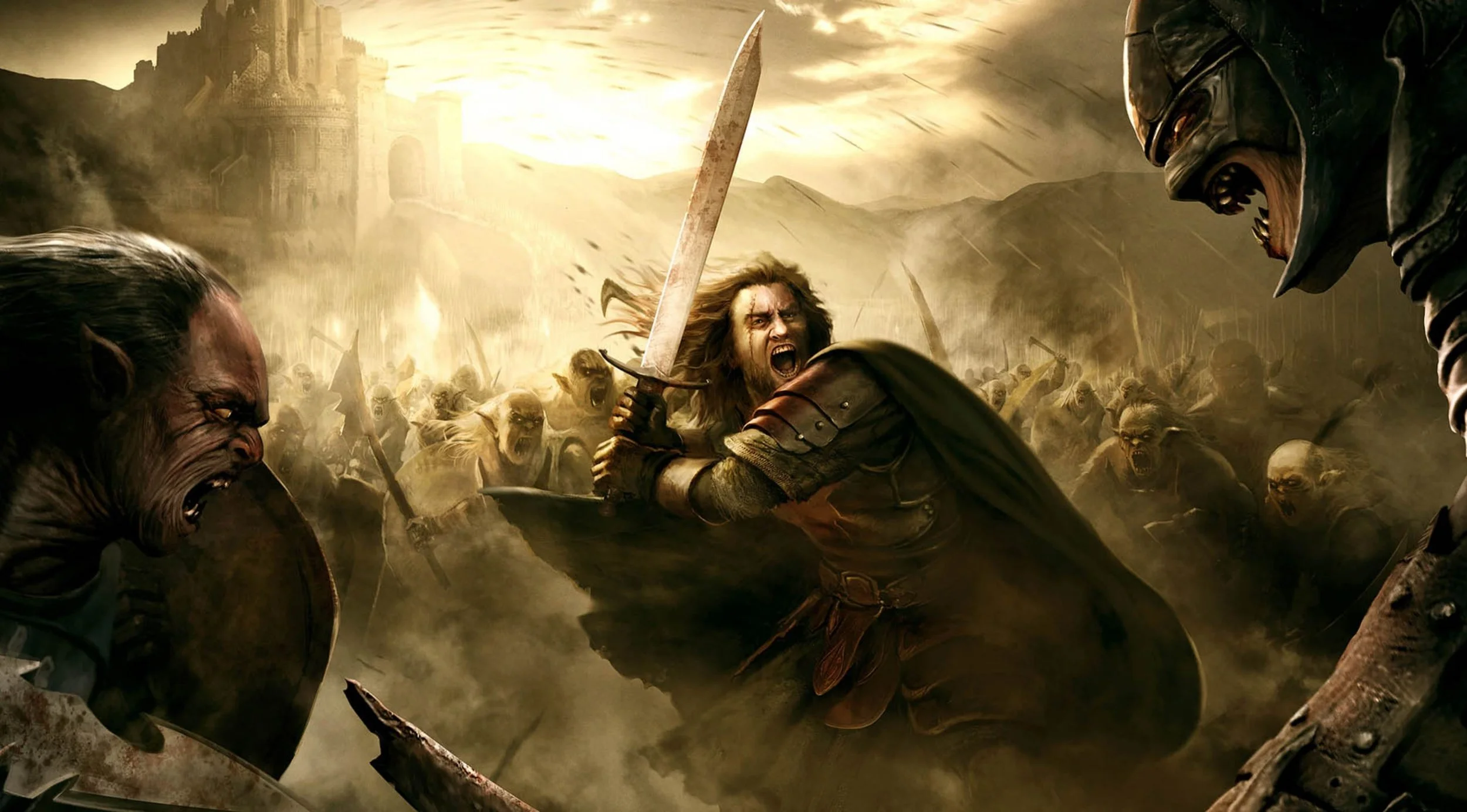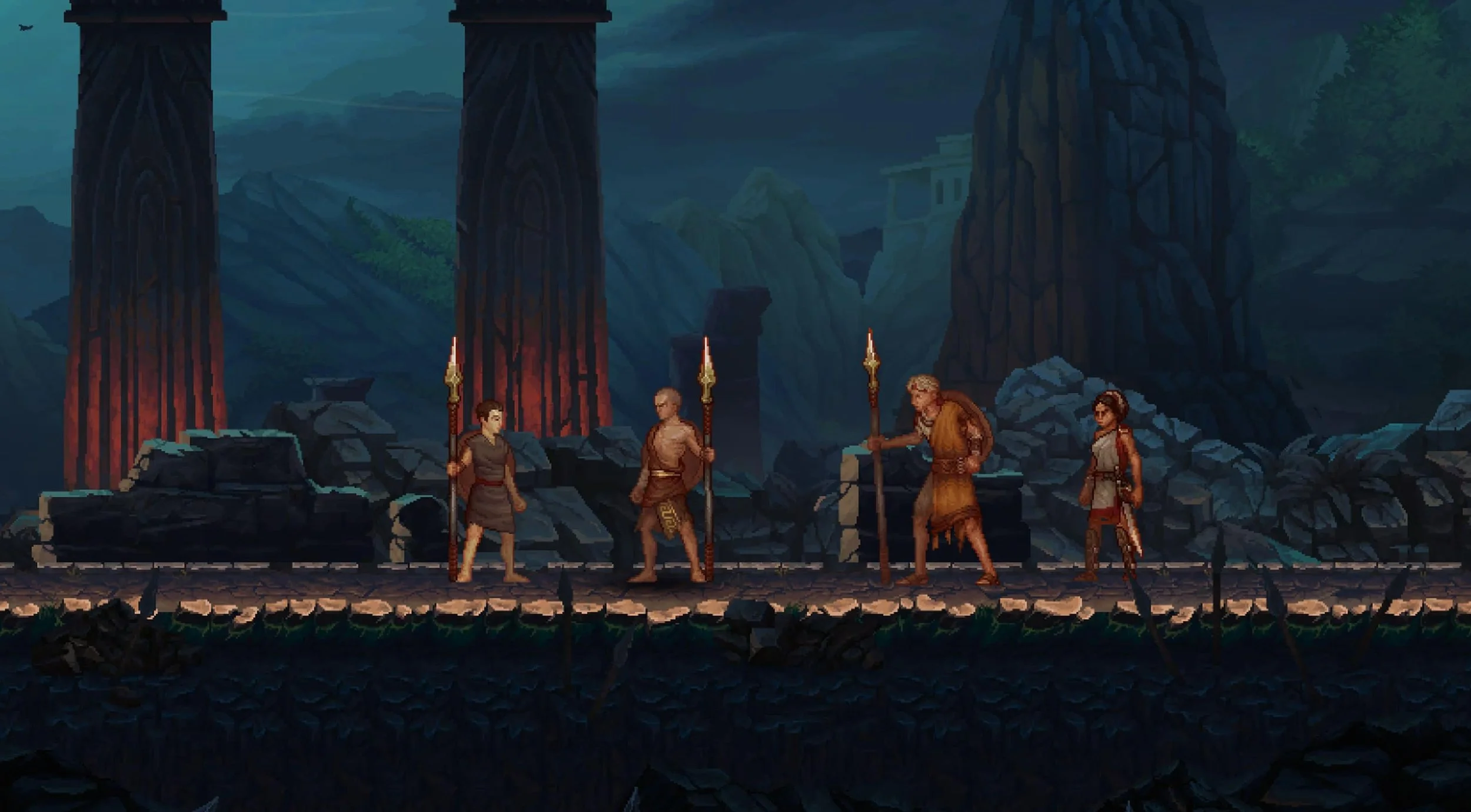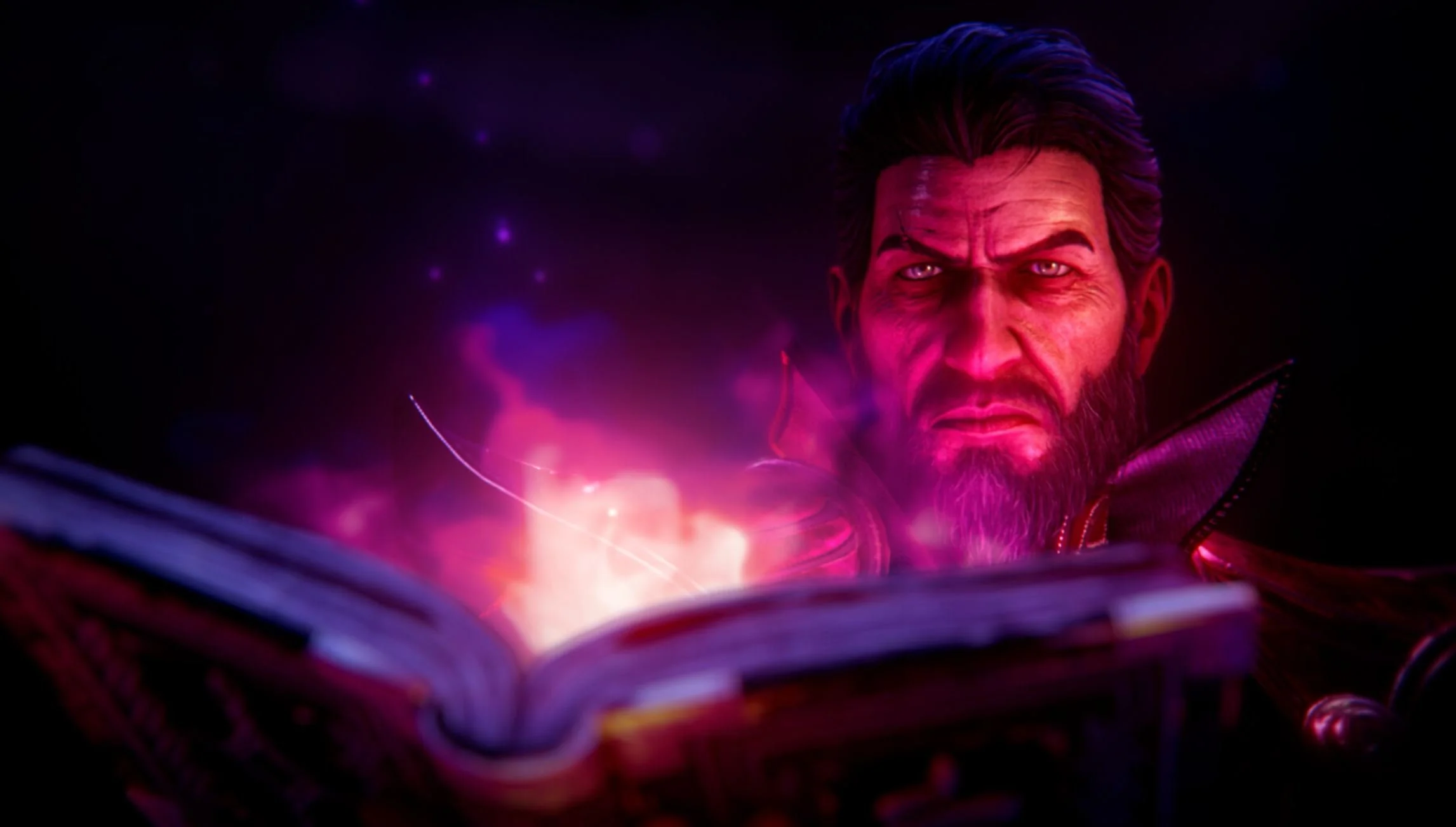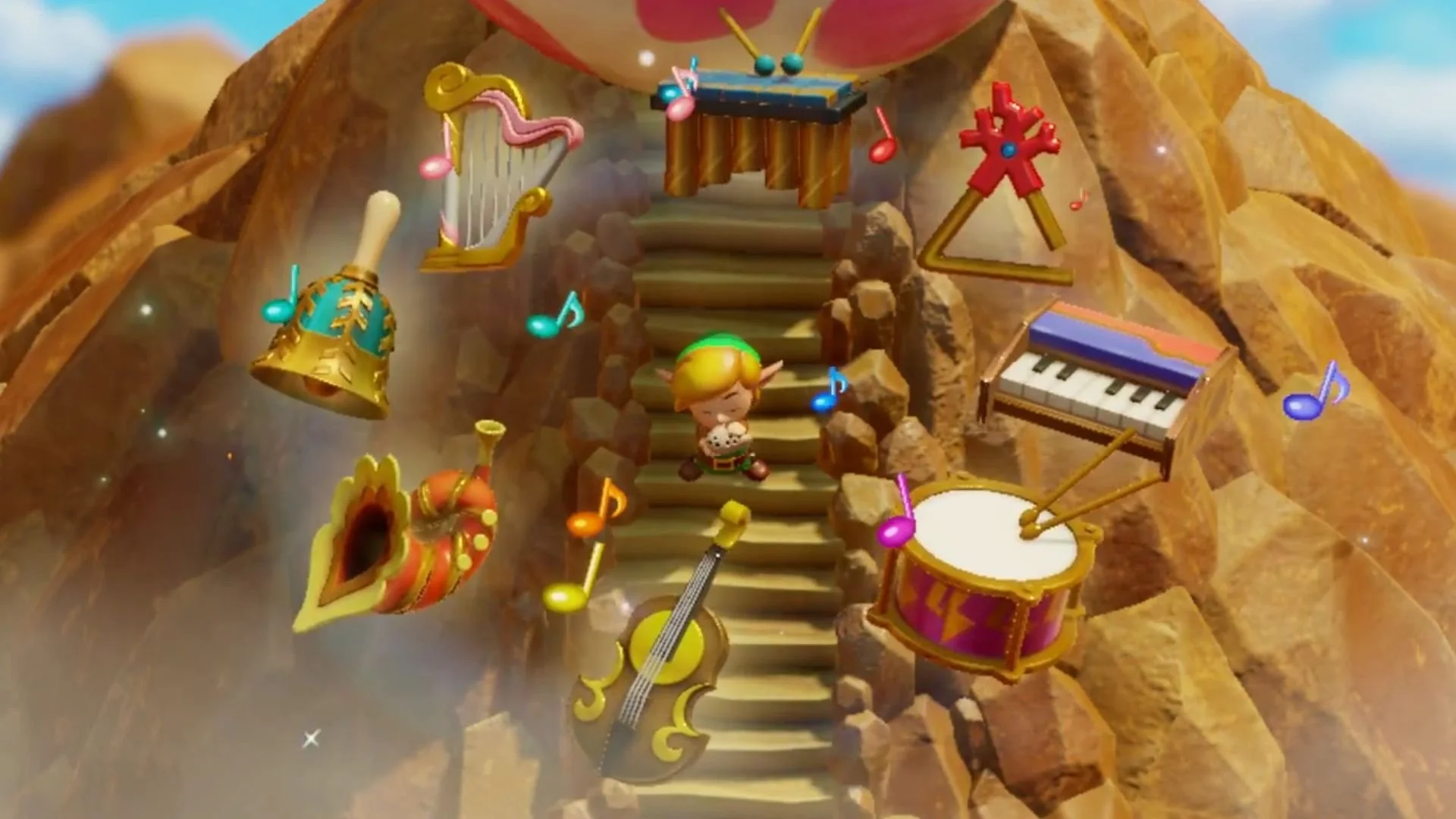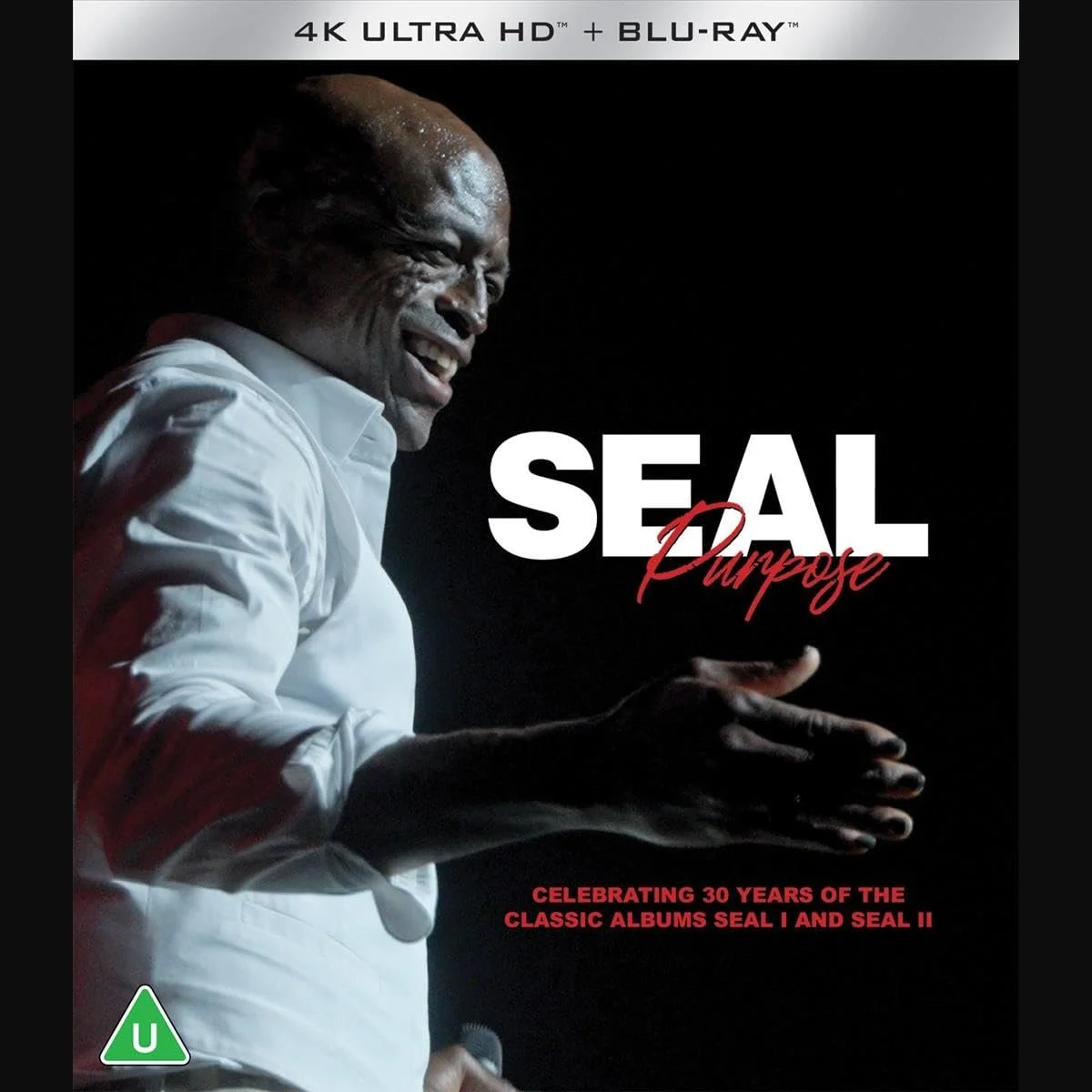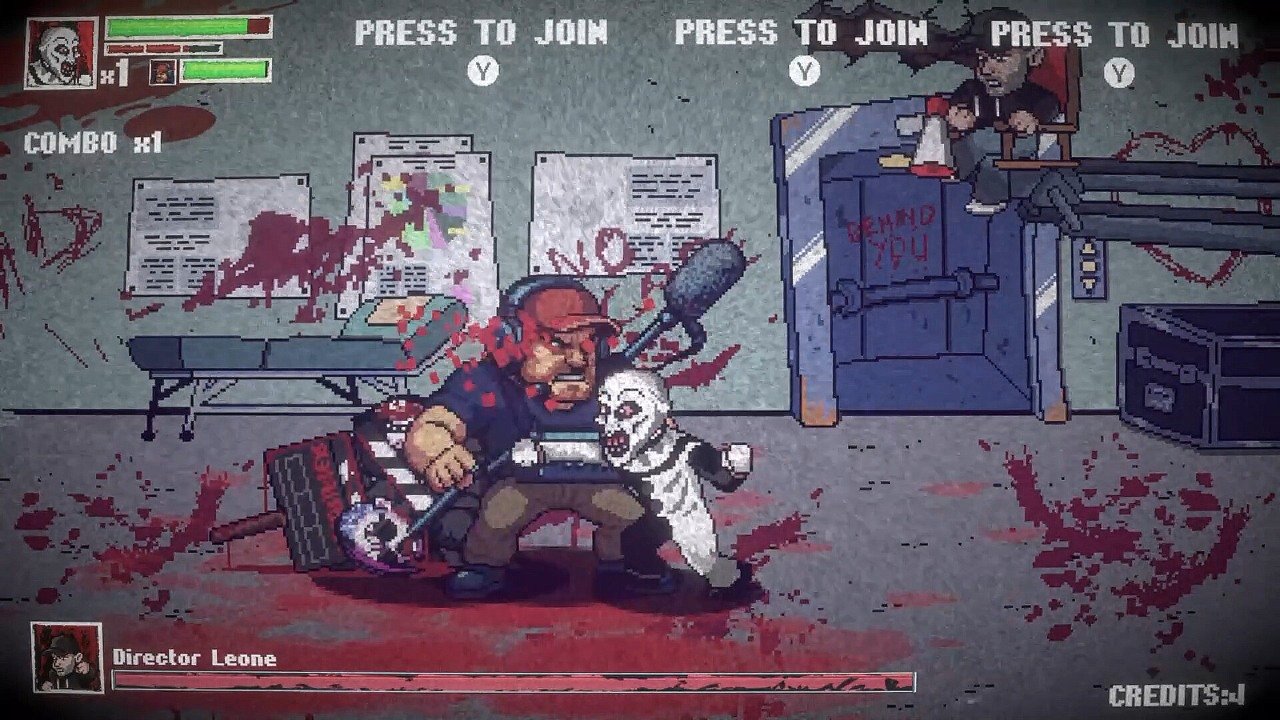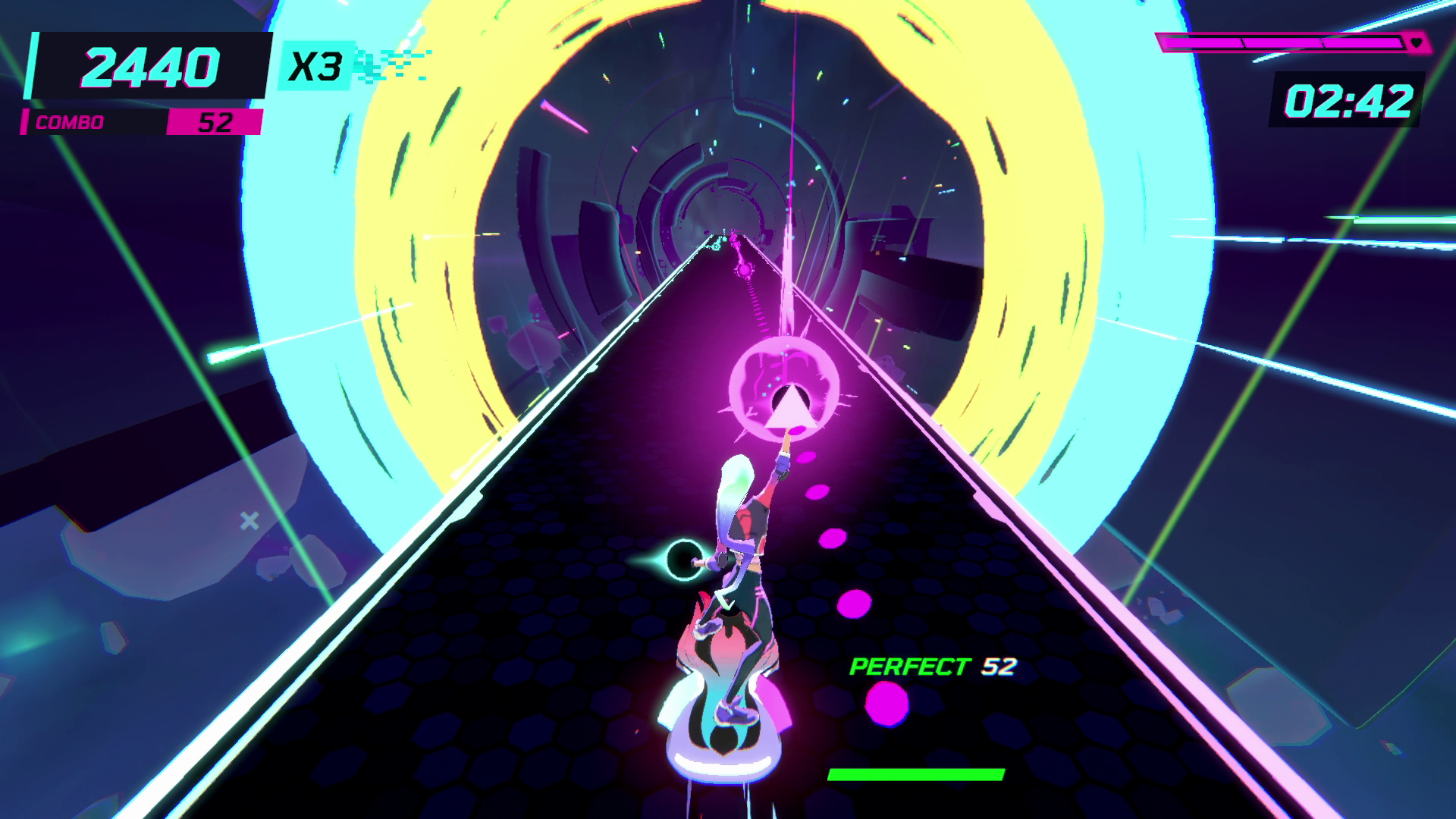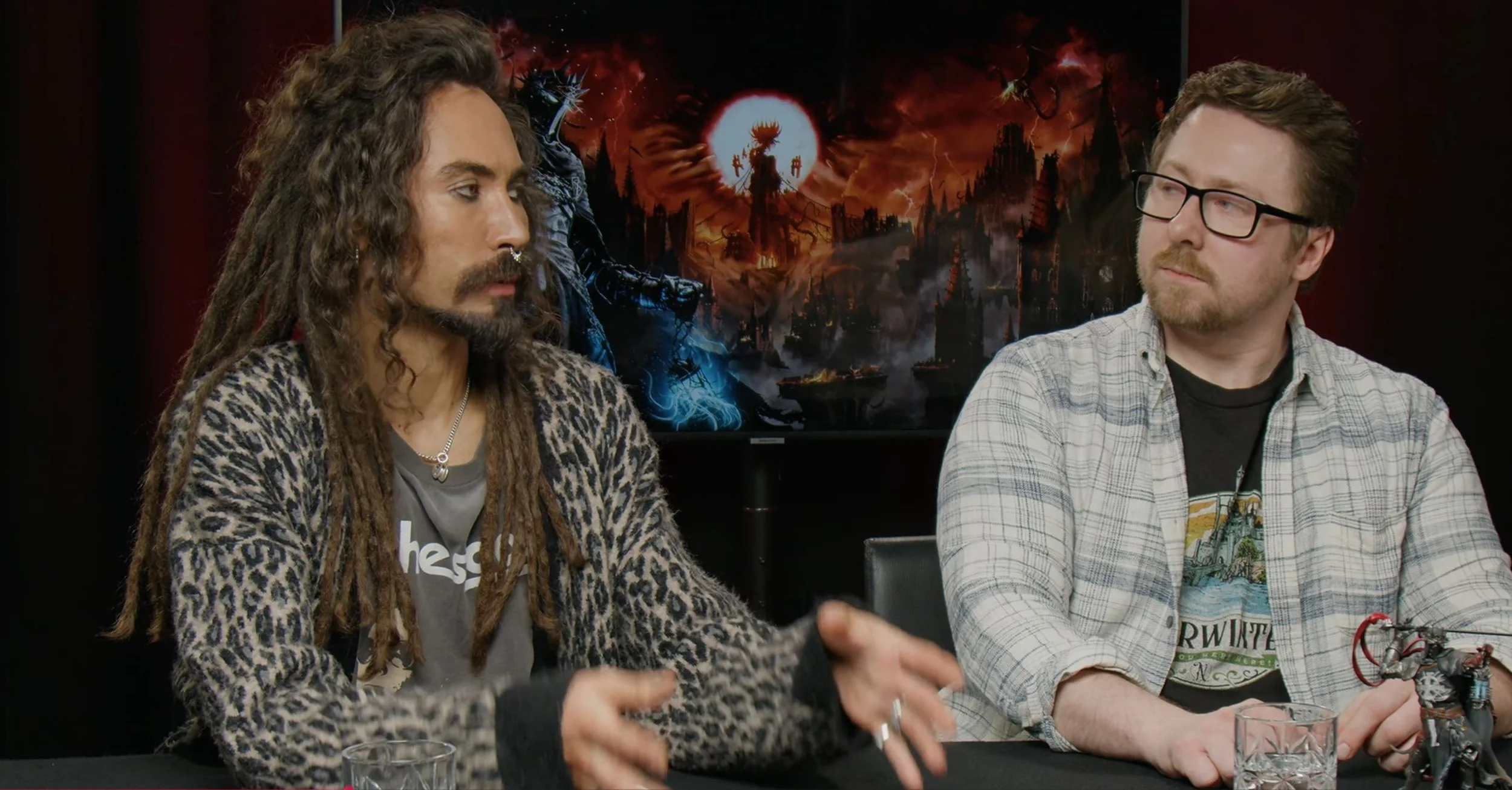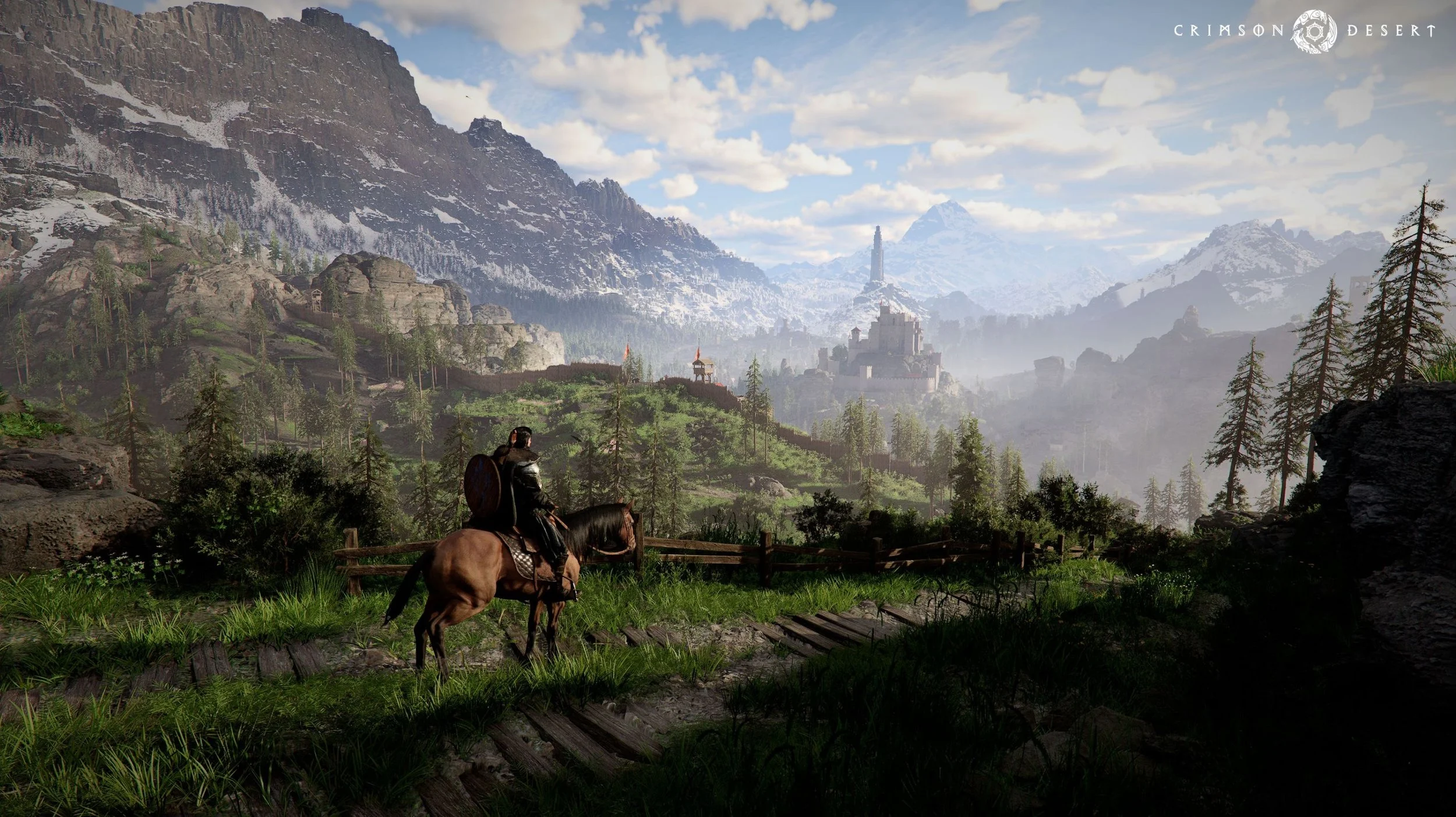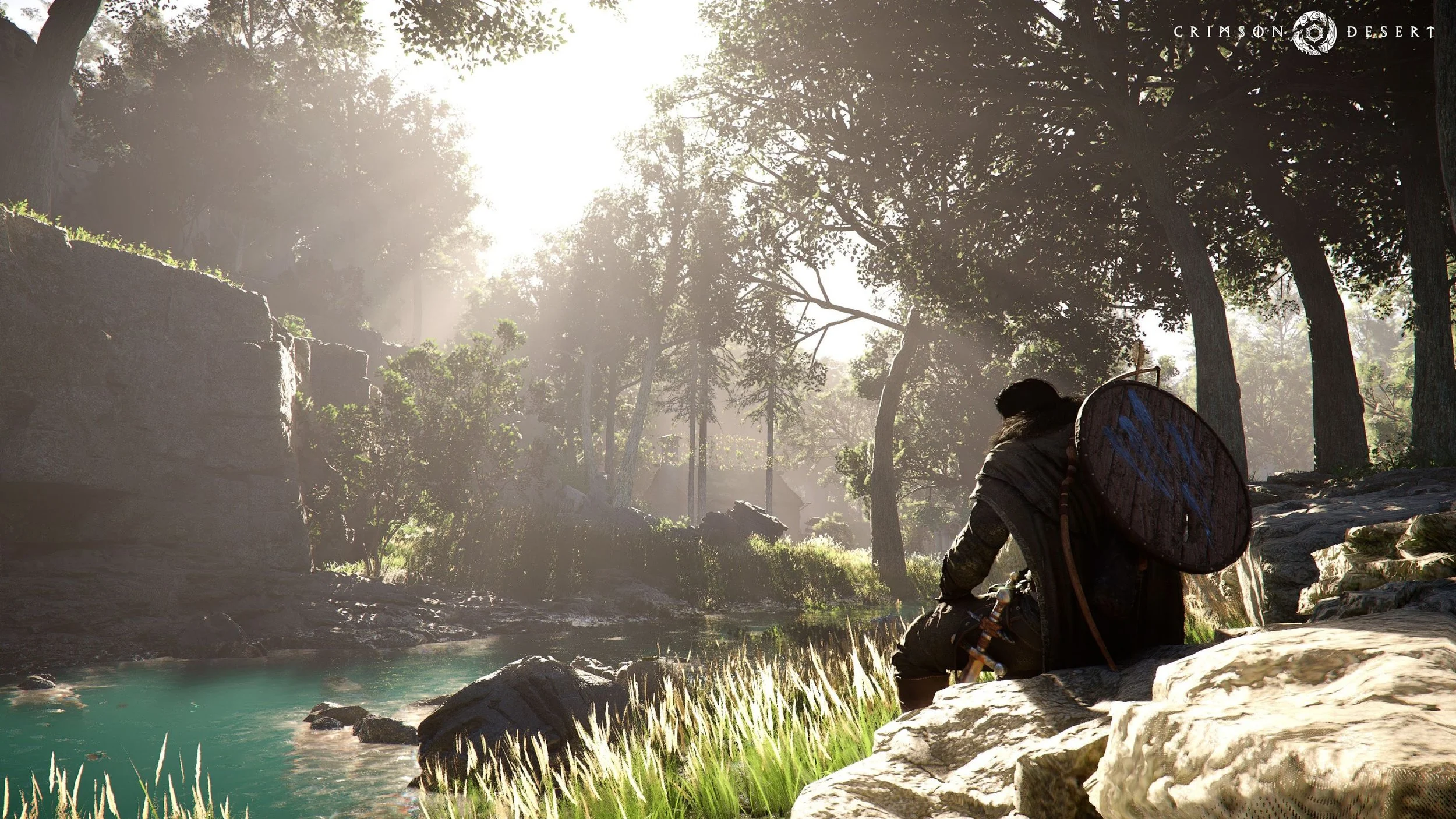If you’re as active on social media as I am, you’ve probably already heard about the massive Twitter news that’s rocked the world this past week. Elon Musk, noted billionaire, Tesla CEO, and internet troll, has made an offer to buy Twitter outright with the promise that he would take the social media platform private. Musk’s attempted purchase is predicated on the notion that Twitter has abdicated its responsibility to preserve free speech on its site, a claim that reveals a profound misunderstanding of what free speech actually is in America.
But all I could think about after hearing this news was how easy it would be for people like Musk (the apathetic rich) to worm their way into gaming. The games industry has been defined by acquisitions over the past few years, with Microsoft and Sony leading the charge. There’s been speculation that the console manufacturers have been making these moves specifically to insulate gaming from frivolous, outside interests, and Musk’s move on Twitter shows the wisdom of such preemptive action.
Gaming is the biggest entertainment industry in the world today, outstripping both film and music by significant numbers, and the pandemic only accelerated its growth. This fact hasn’t slipped past the notice of tech conglomerates, though, and we’ve seen firsthand how these companies manage game development.
Google’s foray into gaming, Google Stadia, launched in late 2019 with a whole host of issues that the company never seemed all that interested in fixing. They spun up their own internal game development studio and purchased Typhoon Studios, the developer behind the hit game Journey To The Savage Planet, with the goal of making games exclusively for the Stadia platform. Roughly a year later, they shuttered their entire first-party endeavor and closed Typhoon down permanently.
But Google isn’t alone in its risky and bullheaded endeavors to break into gaming: Amazon has been working at it for years, Netflix recently started adding games to its streaming service, and Meta (formerly Facebook) has had a tumultuous relationship with gaming across a number of ventures. Musk is a good representation of this class of neophytic dabbler: a cash-flush individual who sees the possibility of fabulous wealth without understanding anything about the actual business.
At the end of the day, these companies are risk-averse and pull the plug at the slightest sign of failure. Google did it, Netflix has a history of balking at any expensive project that doesn’t immediately take off, and Meta’s betting everything on the metaverse (even its name), a move that definitely won’t come back to bite them in the ass. But when the big company pulls the plug, it’s the developers and gamers who truly suffer. The Typhoon Studios of the world cease to exist, and the industry is poorer for it.
It's worth mentioning that Musk himself is a controversial figure, as his stewardship of both Tesla and SpaceX has been fraught with scandal and questionable business decisions. His behavior, both online and in person, has cultivated a culture of misogyny and racism at his companies, but his wealth and status have kept him well above any real consequences.
Elon Musk buying Twitter is scary enough by itself, but it’s even more terrifying when I think about what it represents. Musk is worth over $200 billion by himself, making him the richest man in the world by a significant margin. He has more money than Microsoft’s Bethesda and Activision acquisitions combined, and his penchant for unpredictability and recklessness means he could very easily force his way into the gaming industry at a moment’s notice.
As gaming grows in size and profit, it becomes less tenable to remain independent. The protection larger companies like Microsoft and Sony provide is invaluable when faced with the possibility of complete mismanagement at the hands of someone with no experience and who isn’t invested in the end result. Hopefully Twitter can stave off Musk’s advances, but the fact that he can even make the threat is damning enough.

